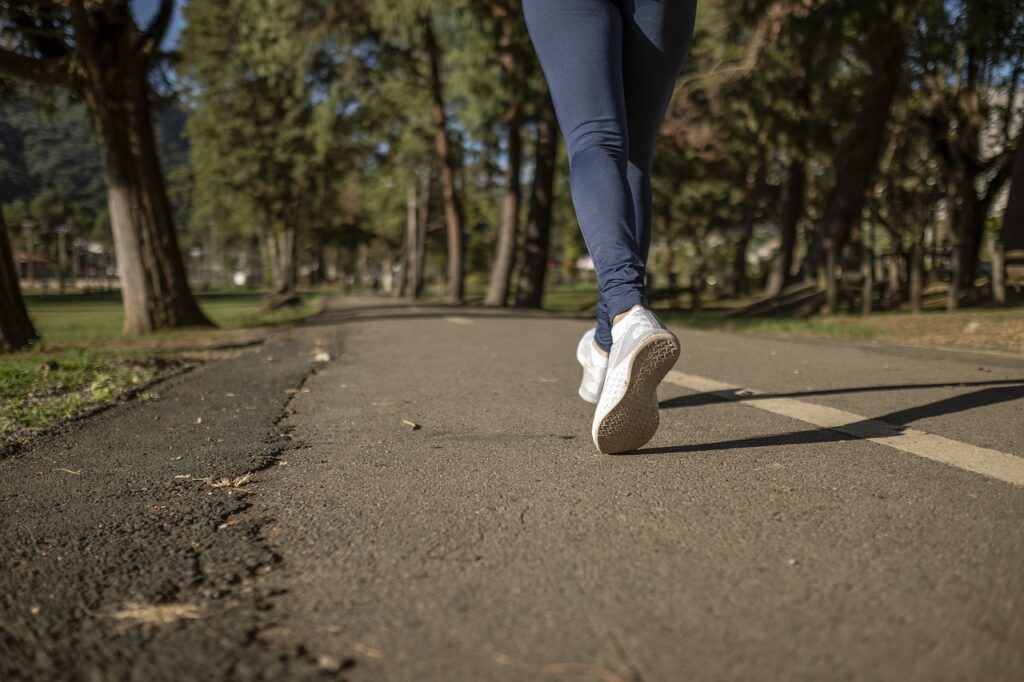
Who has Heard the following About Running:
“Running causes knee arthritis” “Running leads to damaged knees” or my personal favourite “Running is bad for my knees”.
Likely a large number of you and these are all phrases I hear working as a Physiotherapist. But are they accurate? Running is one of the most common forms of exercises, however, it is often blamed for overuse and repetitive injuries due to the high impact it can have on our joints. It is for this reason that the mainstream media have runaway with the notion that “running causes knee arthritis” but what does the research say?
Running & Knee Osteoarthritis
A now growing number of research studies are finding that recreational running can and does serve as a protective mechanism to developing knee osteoarthritis (OA). With recreational runners 3 times LESS likely to develop knee OA compared to sedentary individuals/ non runners. Research studies have also found that those who run recreationally have been shown to have a 54% lower risk of requiring knee surgery later in life due to OA of the knee.
How Does Running Protect Against Knee OA?
When we run we have a short term decrease in knee cartilage quality and thickness, however, cartilage size returns back to its pre run measurements within hours. When we build up our running loads and capacity through a gradual running program we actually increase the quality and thickness of the knee cartilage over time. This has been game changing developments as knee OA is thought of as a “bone and cartilage deteriorating condition” and that running due to repetitive strains and loads can further damage the cartilage. However, this has been shown not to be true and in fact likely works as the opposite.
Recreational VS Competitive Running
This is where the research gets slightly more confusing and more studies are needed. We know that running serves as a protective mechanism for knee OA. However, some studies have shown that ultra competitive and long distance running (weekly mileage > 90km) can have slightly higher prevalences of knee OA compared to control groups. Further research is needed within this domain to establish a firm cutoff.
What We Know For Certain:
Recreational running can not only lower your risks of developing knee OA and lower your risk of requiring surgery later in life but can also increase the quality and thickness of knee cartilage. Officially debunking the myth that running is bad for your knees!
Next Steps:
Struggling with knee pain or running related injuries? Give us a call today at 506-454-2004 to talk to a physiotherapist and get the right plan set up for you.
Note: Physiotherapist Will Howatt operates out of East Coast Chiropractic a multidisciplinary rehab clinic in Fredericton, NB. Want to learn more about Will? Click HERE or check out the links below.
